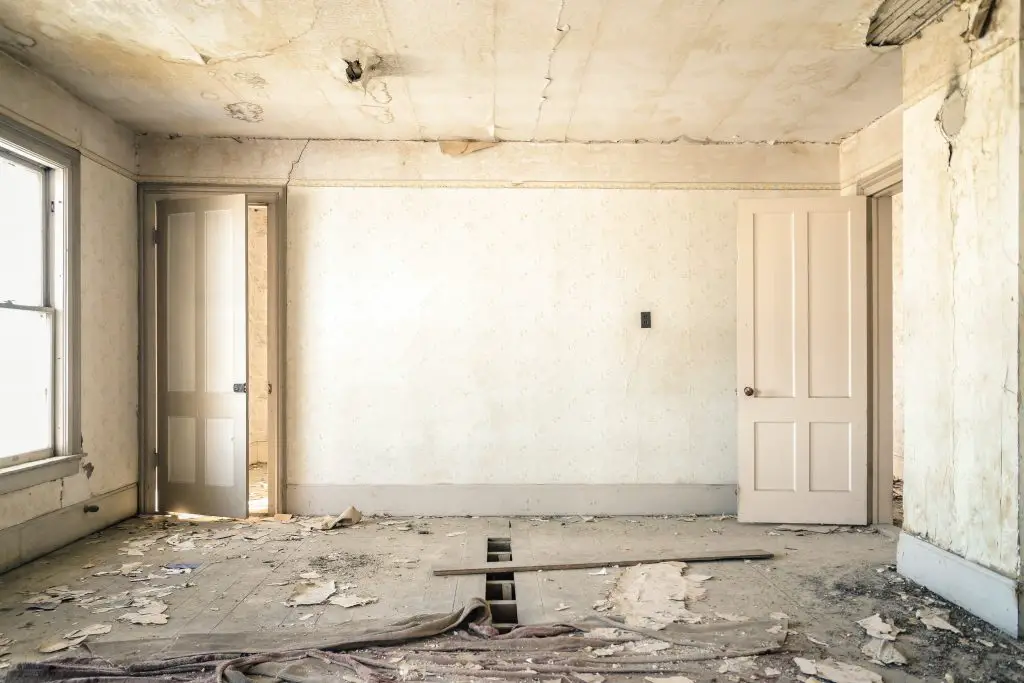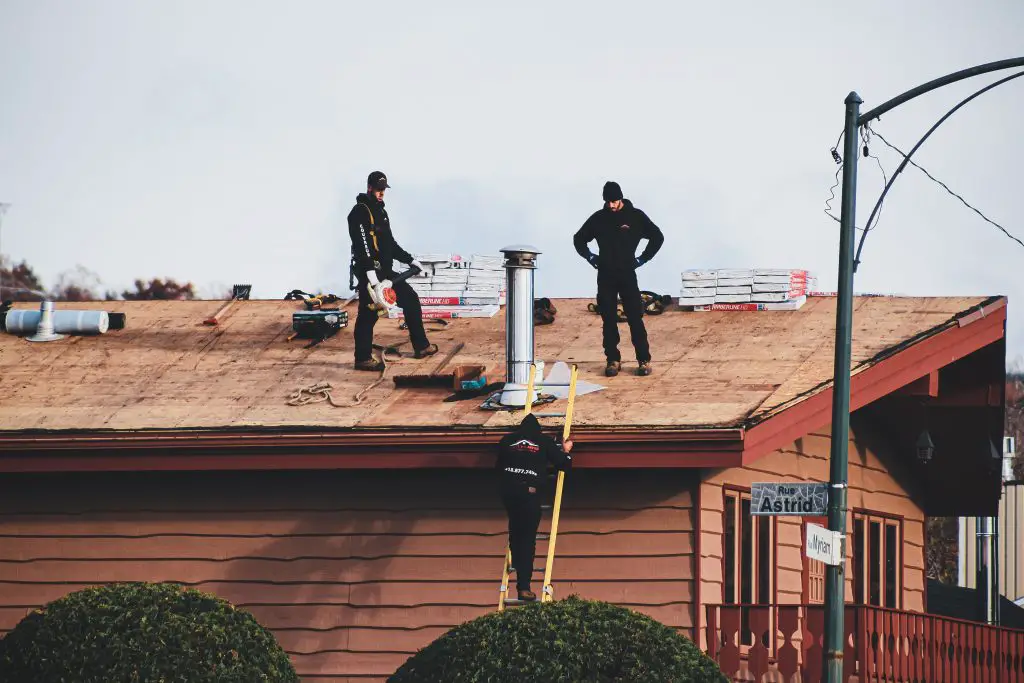In the world of real estate investing, it’s not just about buying property and hoping for its value to go up. It’s a game of strategy, insight, and foresight, where the savviest players often reap the most significant rewards. One such approach to smart real estate investing involves ‘wedge deals.’
Table of Contents
But what exactly is a wedge deal? And how can it fit into your investment strategy?
Let’s find out!
What Is a Wedge Deal?
A “wedge deal” in real estate is a type of investment strategy in which the investor acquires property at a price lower than its market value, recognizing the property’s potential to reach that market value after carrying out minor repairs. This investment approach can be lucrative in two different scenarios: either through immediate sale post-renovation (known as “flipping“) or through renting it out and selling it later (a “buy and hold” strategy).
Let’s illustrate this with an example.
Suppose you find a property that you can purchase for $30,000 less than similar properties in the vicinity, with the caveat that it needs certain repairs (like new flooring, fresh paint, upgraded appliances, etc.). You estimate that the renovations will cost around $10,000. After buying the property and completing the renovations, you would essentially have a property valued at the same price as comparable homes in the area but with a total investment of $10,000 less.
This is what makes it a “wedge deal”: you’ve “wedged” your way into an equity gain of $20,000. This gain is calculated by subtracting your renovation expenses ($10,000) from the initial under-market purchase benefit ($30,000).
More Than a Flip
When you flip a house, you buy a property that is unlivable, fix it up and sell it for a profit. While flips can be extremely lucrative, you need to have several things in place to actually make money on a flip. You have to
- find the right property, and the market is tight
- have access to cash to make the purchase
- be able to start the work on the flip quickly
- borrow enough to cover the repairs and pay back the cash lender on a timely basis
Television shows have made flips look easy and fast. They are neither, but the ease at which a flip is done in a 30-minute television show has a lot of people out there looking for the one deal that will make them rich. You have to constantly be in search mode.
Access to cash means that you need to know investors who have deep pockets and aren’t happy with the stock market or the interest from their bank. This relationship is a big deal and must be guarded carefully; real estate is a small town. If you have a good relationship and a good payment history, you may be able to get private dollars from other lenders for bigger deals. If things fall apart on one deal, you may not be able to find a lender for the next one.
The labor of a flip has to be quick, and your contractors may not be available. The longer the house sits, the more it will fall apart and the longer you have to make payments to your cash lender. If you don’t borrow enough in the first pull, you may have to go back to your lender.
Read more: How to Buy Your First Rental Property
Landlords Will Love This Deal

When you find a wedge deal, it’s generally because you want to hold onto the property and rent it out yourself. For example, if you find a house in a $200,000 neighborhood that needs $50,000 worth of work and you can get it for $100,000, you can create $50,000 in equity by making those improvements, some of which may be deductible expenses.
Equity in a rental house is powerful. You can take it to look for another house, cash it out when it’s time to sell, or pass it on to your descendants in a trust. As long as your portfolio is within limits, you can deduct at least a portion of the interest you’re paying on the mortgage.
If at any time you need to pull cash out of the equity on a rental house with a refinance, understand that this is tax-free money. In the event that something goes south and you have to sell, you will obviously collect less at the time of sale because you have larger mortgage debt. However, if you can hold onto the property, you can easily turn the equity from one wedge deal into a down payment or renovation fund for the next house.
You Get Your Cash in the Refinance
It’s in the refinance that you see your money in a wedge deal. In a flip, you need to sell the property for enough money to pay off
- your cash lender
- the contractors
- the suppliers
- your realtor or broker
Then you get paid and taxed on the profits.
In a wedge deal, the refinance pays off the first loan from whatever source and you pay off the contractors and suppliers with the cash from the refinance. Pay yourself from the loan proceeds and don’t worry about the taxes; you still own the repaired property and can now rent it out. If things work out, the tenant will pay the mortgage with their rent check and put cash in your pocket each month.
Read more: Can You Live Off of Real Estate Income
Don’t Forget the Taxes
Loan proceeds are not taxable, but the interest on the loan can be deducted. Profits from the sale of a house are taxable, and those taxes are going up. You can turn one wedge into the starter funds for another house and earn even more tax breaks with deductible expenses like repairs, depreciation, and interest.
Risks to Consider in a Wedge Deal

You will want a rental manager, and they will get a percentage of the rent. You will also need to pay an inspector to check out the property. Hire a contractor and do this right; the fee you pay to walk away from a property is the best investment you can make in your rental portfolio.
This is especially critical in “too good to be true” properties. A great deal in an older neighborhood isn’t such a great deal if the sewer line is collapsed and you can’t get heavy equipment behind the house because someone put a garage in your way.
Tenants can be destructive, and deposits don’t always cover all the damage. They may skip out on you, let their dog eat all your wooden trim, or turn their kids loose with paint in the dining room. When you have rental properties, there is always the risk of damage to a property that you labored over.
Insurance
Make sure that your insurance agent is aware before you buy a house. They will need to be sure that the property can be insured per their underwriters. If you live in fire country and the house has an old wooden roof, you may not be able to get coverage until you replace it. Unless that was included in your offer, this expense will cut into your repair and renovation budget.
Real estate investing is a learning process. You’re going to make mistakes, and each one will prepare you for the next purchase. Round up when reviewing your schedule and budget for repairs; everything will cost more and take longer. Round down when planning out the rent you’ll get so you have some wiggle room when you need it.
